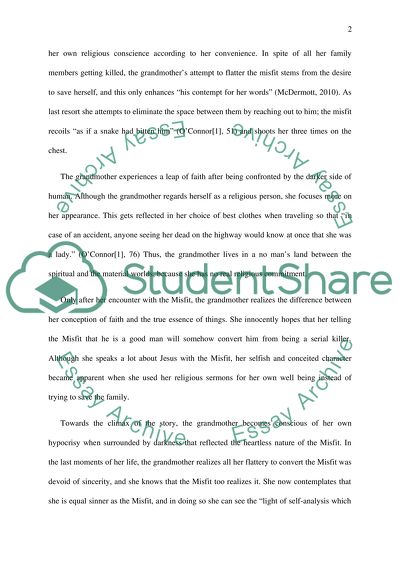Cite this document
(“Flannery OConnors Short Stories Defy Stereotyping Of Individuals Essay”, n.d.)
Retrieved from https://studentshare.org/literature/1482426-flannery-oconnors-short-stories-defy-stereotyping-of-individuals
Retrieved from https://studentshare.org/literature/1482426-flannery-oconnors-short-stories-defy-stereotyping-of-individuals
(Flannery OConnors Short Stories Defy Stereotyping Of Individuals Essay)
https://studentshare.org/literature/1482426-flannery-oconnors-short-stories-defy-stereotyping-of-individuals.
https://studentshare.org/literature/1482426-flannery-oconnors-short-stories-defy-stereotyping-of-individuals.
“Flannery OConnors Short Stories Defy Stereotyping Of Individuals Essay”, n.d. https://studentshare.org/literature/1482426-flannery-oconnors-short-stories-defy-stereotyping-of-individuals.


